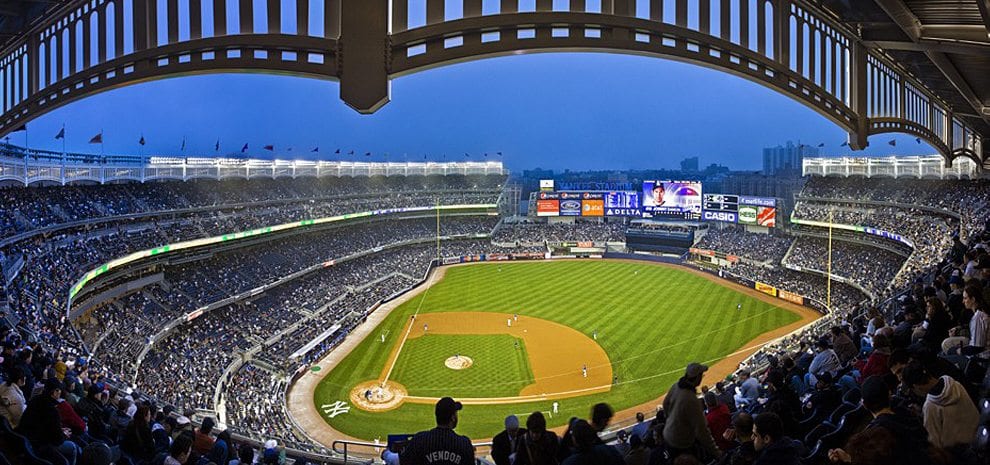Major League Baseball is currently in the midst of its first work stoppage in more than 25 years, following the expiration of the Collective Bargaining Agreement between the league’s teams and the Major League Baseball Players Association at midnight last Wednesday. Until a deal is reached, no teams can make deals with players, host workouts in their facilities, or stage a contest of any kind.
Despite this, and the very real possibility that the 2022 season will be impacted, the league and its teams continue to have tickets on sale for games next season, including spring training.
“Teams will continue selling and disseminating tickets for the 2022 season as we continue to plan for a full regular season without disruption,” reads one section in the FAQ on the CBA Negotiations prominently featured on the MLB.com homepage – which currently has the surreal status of not featuring any current players stories or images due to the lockout. “There is currently no disruption or impact on the tickets you currently possess,” it continues. “Refund policies are handled on an individual team-by-team basis.”
While everyone’s hope is that the lockout is just a temporary issue (designed specifically to bring the MLBPA to the bargaining table), any ticket being sold right now by any MLB franchise comes with a giant asterisk on it – whether or not the game will be played is fully in question, and any sale is speculative in nature by definition.
The lockout calls back memories of the ill-fated 1994 season, which was ended due to the last work stoppage when players and management couldn’t come to an agreement regarding the CBA. Beginning on August 12, 1994, a total of 948 games were cancelled by the strike, which lasted until April 2,1995. As a result, no playoffs or World Series were played in 1994, and games were lost into the 1995 season. The financial and public relations cost incurred were enormous.
According to ESPN, the main sticking point between the players and management is once again economics. With the expanded use of analytics making teams less inclined to give players past the age of 30 big money free agency deals, players are looking to get free agency started earlier in players’ careers, in order to allow them to cash in before their value begins to decline. Teams aren’t looking for a salary cap (which was the main sticking point in the 1994-95 strike), but there is still a long way to go before fans can be secure that there will be a full season in 2022, let alone an uninterrupted spring training.
From the MLB:
We hope that the lockout will jump-start the negotiations and get us to an agreement that will allow the season to start on time. This defensive lockout was necessary because the Players Association’s vision for Major League Baseball would threaten the ability of most teams to be competitive. It’s simply not a viable option. Yet, from the beginning, they have been unwilling to move from their starting position, compromise or collaborate on solutions.
To be clear: This does not necessarily mean games will be cancelled. In fact, we’re taking this step now because it accelerates the urgency for an agreement with as much runway as possible to avoid doing damage to the 2022 season. Delaying this process further would only put Spring Training, Opening Day and the rest of the season further at risk – and we cannot allow an expired agreement to again cause an in-season strike and a missed World Series, like we experienced in 1994. We all owe you, our fans, better than that.




